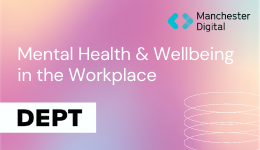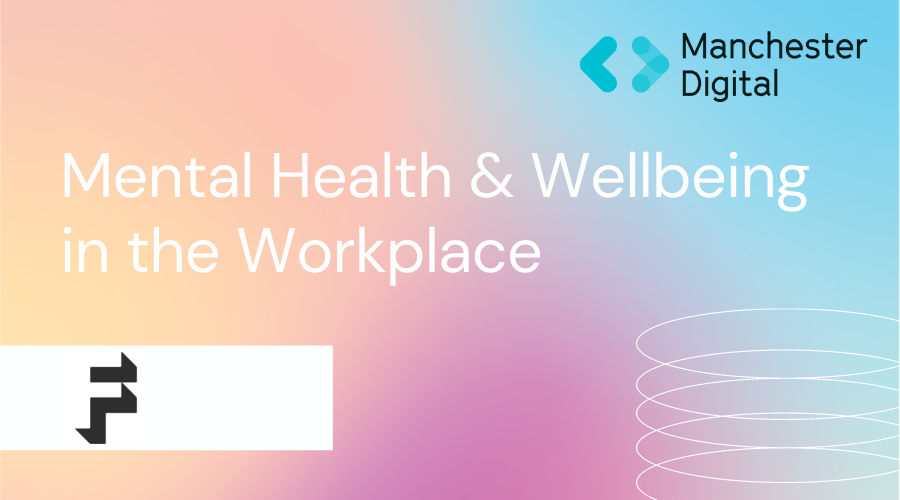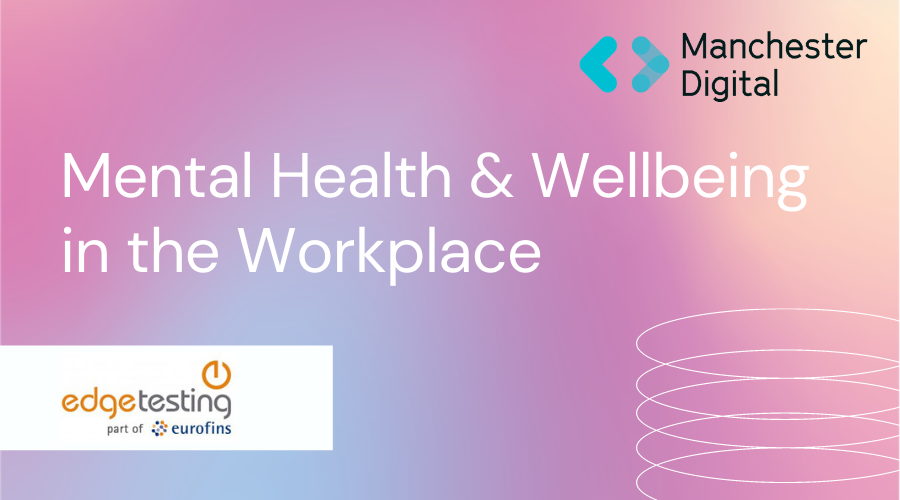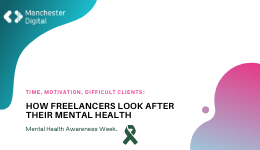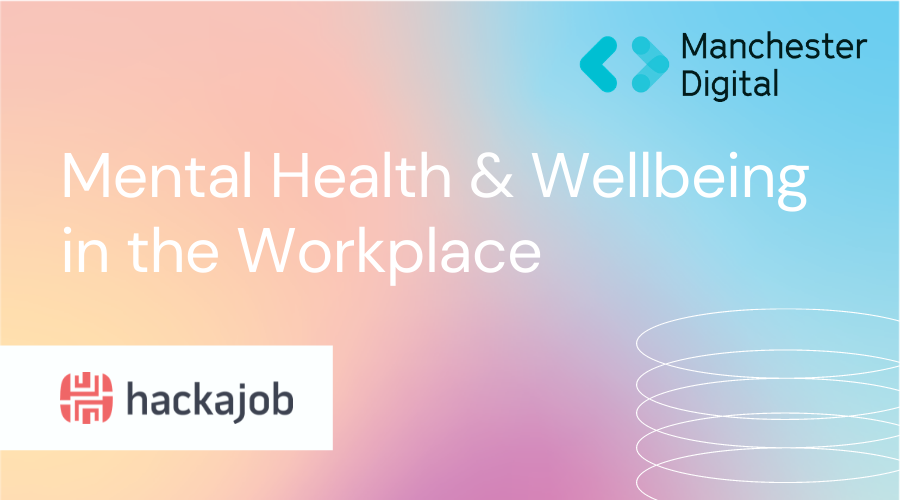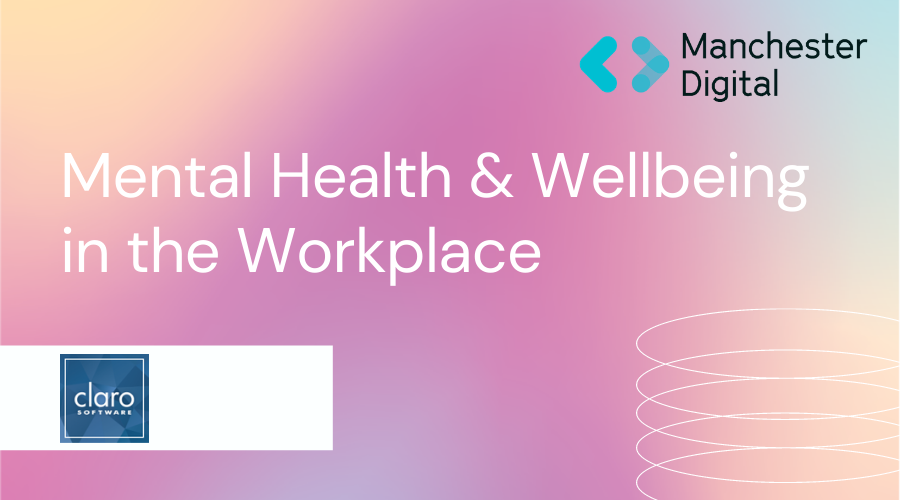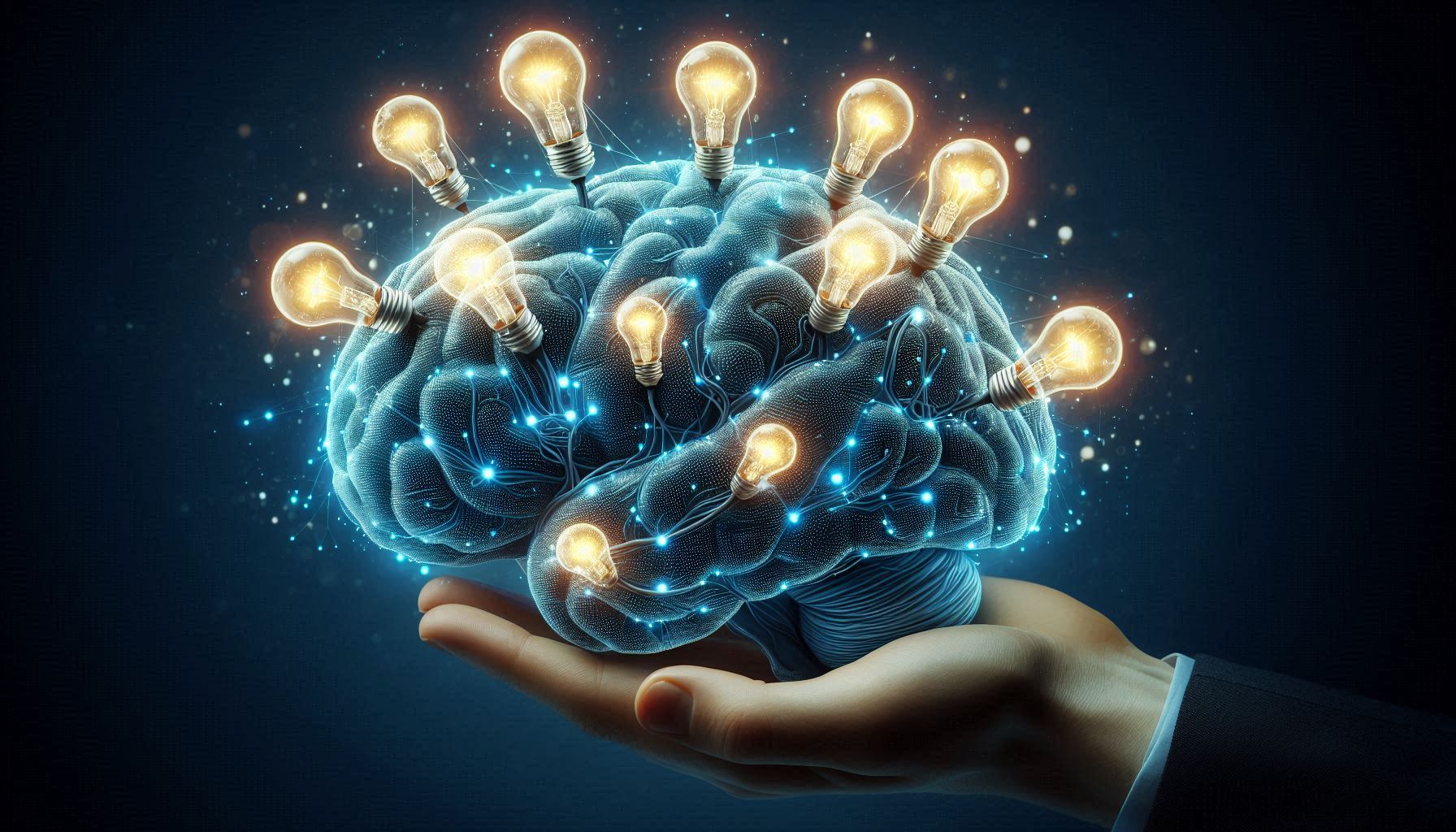
We're all talking about neurodiversity nowadays. As we (hopefully) move to a more tolerant society, it's important to understand that .... well, people are all different.
I'm certainly different.(Just ask my wife.)
I had a look at my browser history yesterday. I started the morning by watching a series of videos about someone building a valve based computer in the US - this is wonderful, go see -
https://www.youtube.com/playlist?list=PLnw98JPyObn0v-98gRV9PfzAQONTKxql3
I then moved on to reading up about situs invertus totalis, a rare condition in which all internal organs are in mirrored positions (just ask Donny Osmond) and then, still on a medical bent, I reminded myself of total calvarial remodelling for skull deformities, which, unless you're of a medical bent like myself, you don't really want to google. Honestly.
After lunch (yes, I managed lunch after a morning of surgical videos) I then started looking into building a valve based distortion pedal for electric guitar (really must build one one day) and then wandered off to remind myself about neutron star formation and some of the more quixotic aspects of WW1 fighter aircraft design.
Unfortunately, I'm "intelligent".
I say "unfortunately" because being intelligent isn't all it's cracked up to be. The quotes are round "intelligent", because, well, intelligent is a bit difficult to define.
Probably the main reason for me being "intelligent" is a rather sad one. As a child, my parents thought it was much more important to spend my entire childhood having screaming arguments, so I was left in a corner with a book. Classic "abandoned child".
When I was 9, my younger brother developed diabetes. The kindly old family doctor came around and, to get us out of the way whilst he had a chat about the implications with my parents, asked us to go off and "draw what you think is in your tummy." We crayoned away for 15 minutes, came back, handed him a piece of paper, at which point, he did a double take.
"Good God," he spluttered, "I've seen first year medical students who knew less than that." From what I remember, we'd even included the mesenteric artery. Not bad going for 9 years old.
The curse of intelligence
Now, at this point, you'll probably take a dislike to me. And this is one of the problems with being intelligent - it's not popular to know more than someone else, which I unfortunately do, across a whole range of subjects. It's seen as immodest, superior and, frankly, rude. All of which I am absolutely not.
You soon learn to keep your mouth shut, if you're "intelligent". Very high intelligence means you're unusual - you don't fit in - you have to allow people to be, well, wrong. Especially at work.
One thing the internet has revealed is that people prefer their own opinions to fact. You can, of course, wade into a conversation on Facebook pointing out that a poster is incorrect about a subject, or you can think, well, waste of time, leave them to it.
Imagine an entire life like that.
And no, intelligence doesn't make you "better" than anyone. We're all very much the same, we're people from different backgrounds and we've had different experiences of life. I bear that in mind all the time - all that matters is if people are good or bad. The problem is, well, finding a way of fitting into all of this.
Is intelligence "neurodiverse"?
Well. I have no idea. I know what intelligence is, it's not about general knowledge or IQ tests - yes, I was in MENSA, that just proves you're good at IQ tests. I'd more define intelligence as being able to digest and synthesize information to come to weighted conclusions.
As far as I can see, "neurodiverse" means "thinking differently." My experience of intelligent people - the top few percent of the population - is that they do, indeed, think and behave differently.
I'd be interested to know your thoughts on the matter - hence this post.
Be nice, please.
